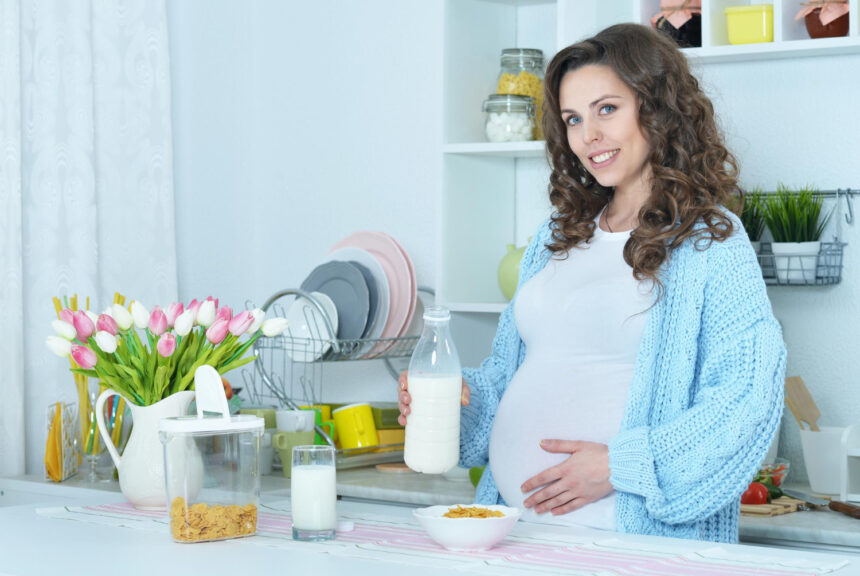Prenatal vitamins are an important part of a healthy pregnancy. They provide essential nutrients like folic acid, iron, calcium, and vitamin D that support the mother and baby’s health. These vitamins help reduce the risk of certain birth defects and support the baby’s growth and development.
Choosing the right prenatal vitamin can seem overwhelming with many options available. Health care providers often recommend specific brands, but many over-the-counter options are also effective. It’s crucial to look for vitamins that meet the recommended daily allowances of these key nutrients.
Understanding the benefits of prenatal vitamins can empower expectant mothers to make informed choices. Research has shown that taking these vitamins can lead to better health outcomes for both mother and child.
Essential Nutrients in Prenatal Vitamins
Prenatal vitamins contain key nutrients that support the health of both the mother and the developing baby. Understanding these essential components helps expectant mothers make informed choices about their nutrition.
Folic Acid for Development
Folic acid, also known as vitamin B9, is crucial in prenatal vitamins. It helps prevent neural tube defects in the developing baby’s brain and spine.
The recommended dose is 600 micrograms per day during pregnancy.
Good sources of folic acid include:
- Leafy greens (like spinach and kale)
- Citrus fruits (such as oranges)
- Fortified cereals
By taking folic acid, women can support healthy cell growth and reduce the risk of complications. Starting folic acid at least a month before conception and continuing through the first trimester is advisable. This nutrient is vital for the baby’s overall growth and development.
Iron Support during Pregnancy
Iron is another essential nutrient found in prenatal vitamins. During pregnancy, the body’s need for iron increases significantly. This nutrient helps in the production of hemoglobin, which carries oxygen to the baby.
The recommended intake of iron for pregnant women is 27 milligrams daily. Iron-rich foods include:
- Red meat
- Beans
- Spinach
Taking iron can help prevent anemia, which can cause fatigue and low energy levels. Some prenatal vitamins include vitamin C to enhance iron absorption. It is important to maintain adequate iron levels for both the mother’s and baby’s health.
Calcium for Bone Health
Calcium plays a significant role in developing the baby’s bones and teeth. During pregnancy, a woman’s body needs 1,000 mg of calcium per day. Prenatal vitamins often contain calcium to help meet these needs.
Sources of calcium include:
- Dairy products (like milk and yogurt)
- Leafy greens (such as bok choy and broccoli)
- Fortified plant milks and juices
Adequate calcium intake can also help prevent bone density loss in mothers. Consuming enough calcium during pregnancy supports the development of a healthy skeleton for the growing baby.
Vitamin D and Pregnancy
Vitamin D is essential for calcium absorption and overall bone health. It also plays a role in immune function. Pregnant women need about 600 IU of vitamin D daily.
Natural sources of vitamin D include:
- Sunlight (the body produces it upon sun exposure)
- Fatty fish (like salmon and mackerel)
- Fortified foods (such as milk and cereals)
Prenatal vitamins may contain vitamin D to help ensure adequate levels. This nutrient supports both the mother’s and baby’s health, helping to build strong bones and a healthy immune system during and after pregnancy.






